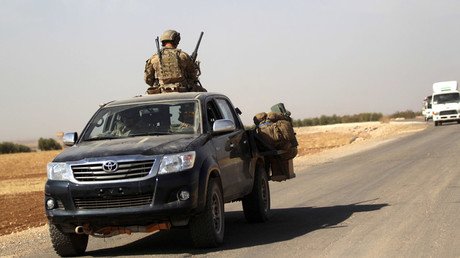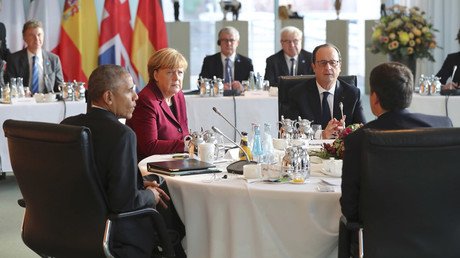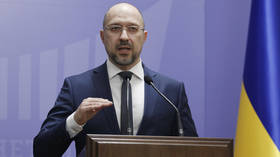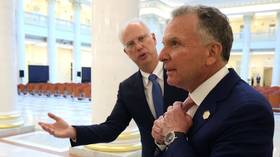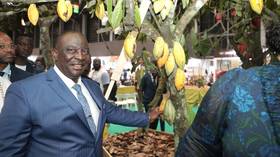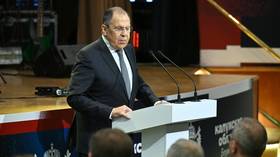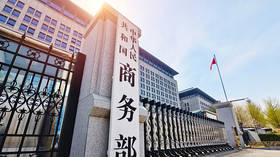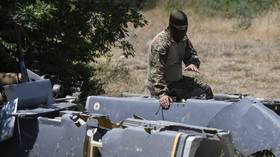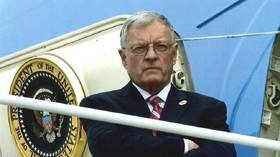Obama calling Russia 'regional power' was big error – EC head Juncker
Outgoing US President Obama made a big mistake calling Russia a “regional power,” the European Commission chief said in an interview. Europe, instead, should treat Russia as “one big entity and a proud nation,” and there is a lot to learn about it.
“The EU occupies 5.5 million square kilometers, Russia takes up 17.5 million. Russia must be treated as one big entity, as a proud nation,” Jean-Claude Juncker, President of the European Commission, the EU executive body, told Euronews on Saturday.
He admitted that the EU is “very ignorant about Russia" at this point, and that “we have a lot to learn.”
Juncker, who has been leading the European Commission for the past two years, went on to criticize US President Barack Obama, who in 2014 branded Russia “a regional power that is threatening some of its immediate neighbors, not out of strength but out of weakness.”
“Russia is not, as President Obama said, 'a regional power.' This was a big error in assessment,” Juncker maintained.
Following his measured tone, he stressed that the EU is not dependent on US foreign policy. Washington “will do what it wants to do and Europeans will have their own interests within their own scope to manage,” he said, referring to the current state of bilateral dialogue between Brussels and Moscow.
Though insisting there is “no argument for the sanctions against Russia being immediately lifted,” Juncker said he would still like to come to terms with Moscow, “bearing in mind that without Russia, there is no security architecture in Europe.”
Juncker’s remarks follow recent conciliatory proposals by 15 European countries, led by Germany, which vowed to restart dialogue with Russia to prevent a possible arms race in Europe. On Friday, German Foreign Minister Frank-Walter Steinmeier told Die Welt newspaper: “Europe’s security is in danger. As difficult as ties to Russia may currently be, we need more dialogue, not less.”
Failure to restore trust between Russia and European countries constitutes a significant setback, and a “new armament spiral” is hanging over the continent, which may result in dire consequences, the foreign minister warned.
Other EU bodies, however, seem to remain deaf to the call for dialogue. Last week, the European Parliament adopted a non-binding resolution which accused Russian news networks RT and Sputnik of spearheading “information warfare.”
The resolution, authored by Anna Fotyga, a Polish MEP, alleged that Moscow aims to “distort the truth, provoke doubt, divide the EU and its North American partners, paralyze the decision-making process, discredit the EU institutions and incite fear and uncertainty among EU citizens.”
The Russian Foreign Ministry said the document is “paranoid” and promised reciprocal measures if it enters into force. Margarita Simonyan, RT editor-in-chief, said the resolution is a crushing blow to the freedom of speech, and to “the principles that we’ve been hearing for ages, the principles about which Russia has been lectured for years, for decades.”
